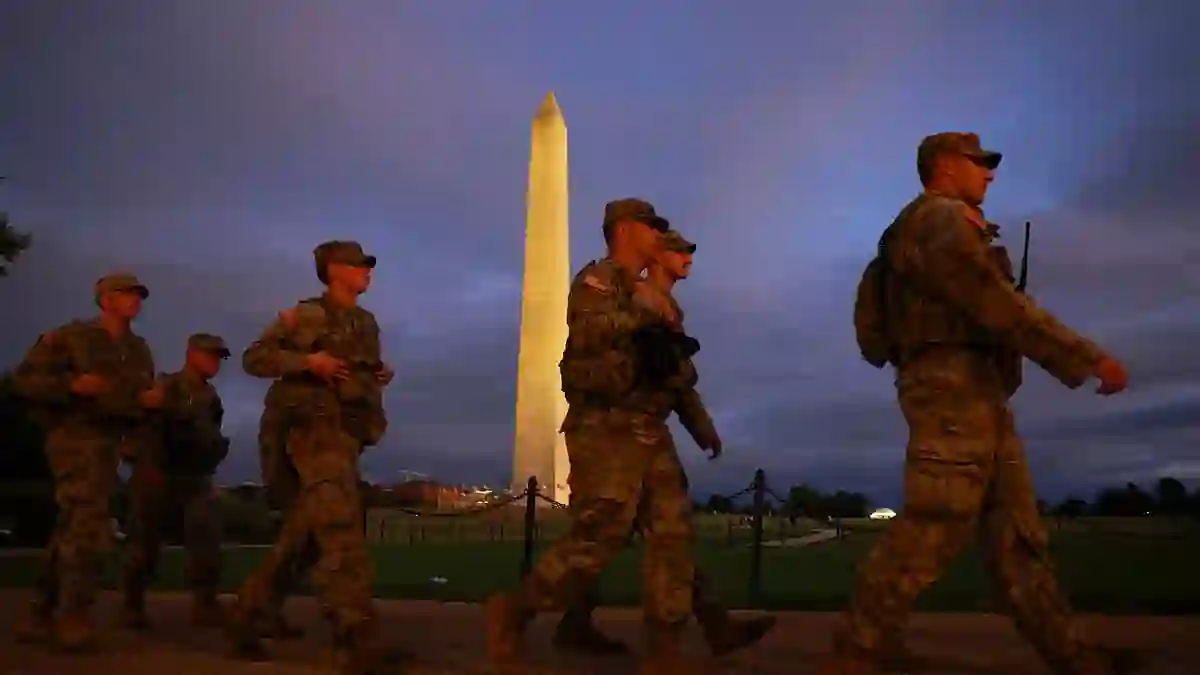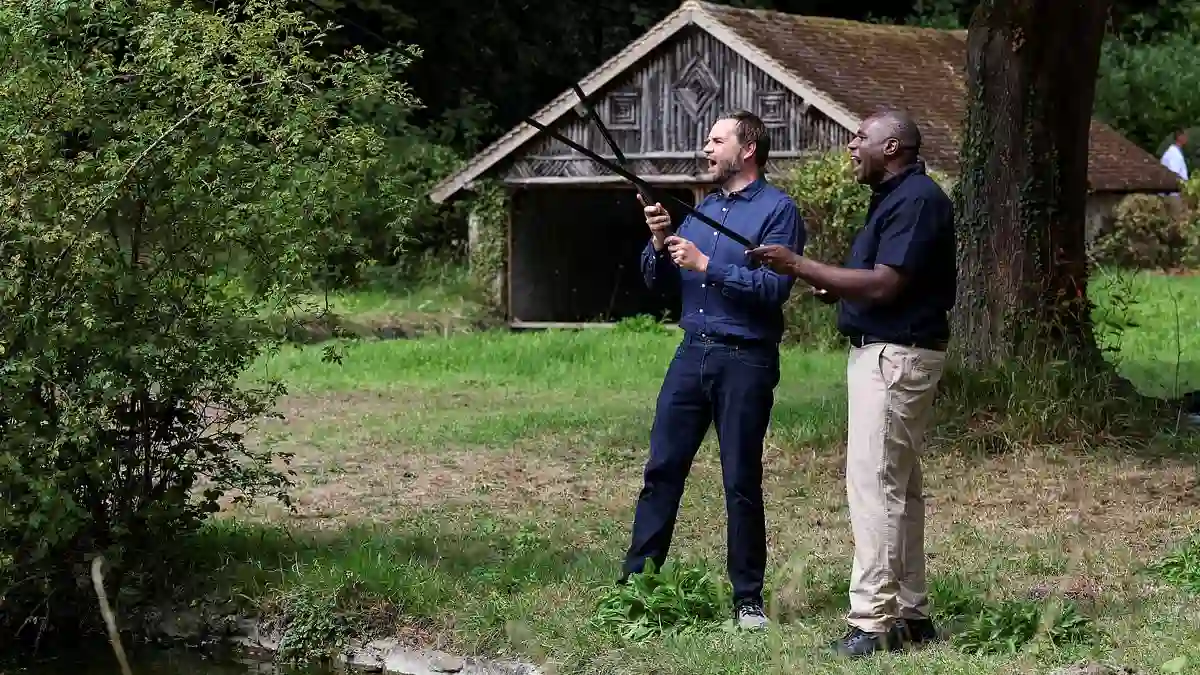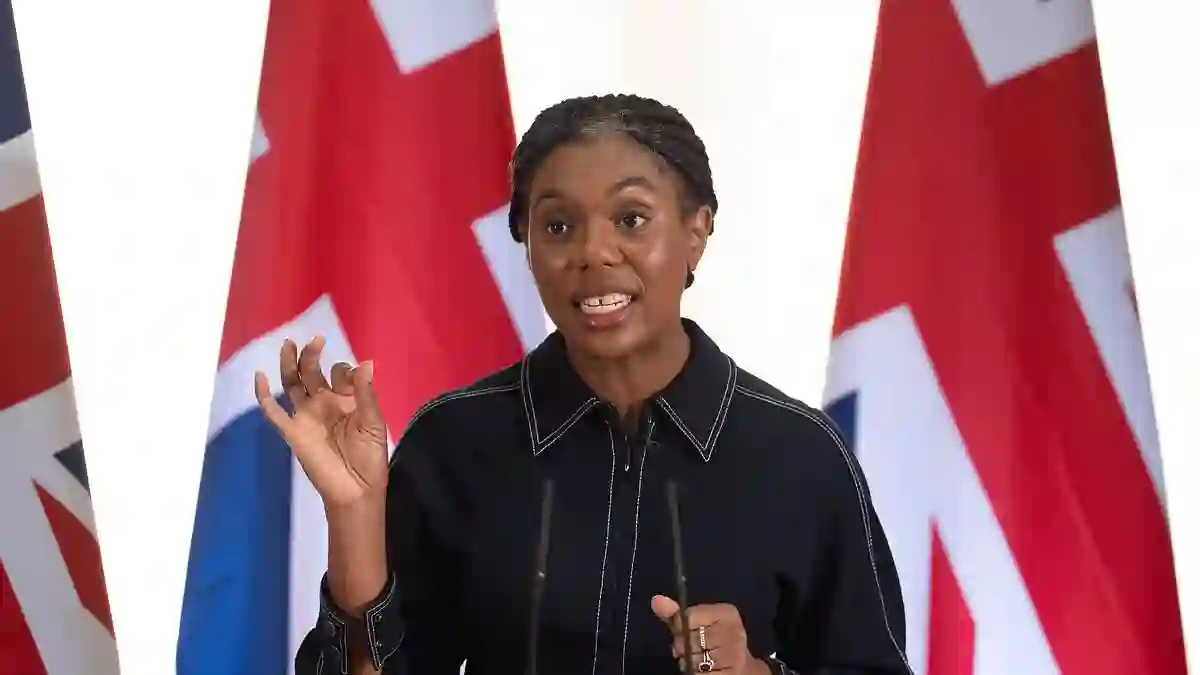In a move aimed at reinforcing federal law enforcement, reports indicate that up to 1,700 National Guard members will be activated in 19 states to assist ICE and the Department of Homeland Security.
This comes shortly after troops were deployed to Washington, D.C., continuing former President Donald Trump’s strategy of using federal resources to combat crime and illegal immigration.
Texas Takes Center Stage
The largest contingent of troops will be deployed to Texas, where the National Guard is expected to remain active from August until at least mid-November.
Other states preparing for troop activations include Alabama, Arkansas, Florida, Georgia, Idaho, Indiana, Iowa, Louisiana, Nebraska, Nevada, New Mexico, Ohio, South Carolina, South Dakota, Tennessee, Utah, Virginia, and Wyoming.
Roles and Responsibilities for Guard Members
The deployed troops will primarily assist ICE with tasks such as case management, transportation, logistical support, and clerical work.
A Pentagon official told Fox News that the Guard will also help deter crime.
“The in-and-out processing may include personal data collection, fingerprinting, DNA swabbing, and photographing of personnel in ICE custody,” the official explained.
While there has been speculation about deployments to cities like Chicago and New York, officials said plans are still under consideration.
“We won’t speculate on further operations, but the department is planning and coordinating with other agencies to protect federal assets and personnel,” the official said.
Armed and Authorized
Defense Secretary Pete Hegseth has authorized the National Guard members in D.C. to carry weapons and perform law enforcement duties, ABC News reported.
Trump has claimed success with the Washington deployment and hinted at future federal interventions in other major cities.
Trump Eyes Chicago and New York
During a World Cup event, Trump suggested Chicago could be the next city to see federal assistance.
“When we’re ready we’ll go in and we’ll straighten out Chicago, just like we did D.C.,” he told reporters.
However, he noted that discussions with Chicago Mayor Brandon Johnson had not yet occurred.
Trump continued to criticize city leadership, calling Chicago’s mayor “grossly incompetent,” and claimed local residents are asking for federal intervention.
He also mentioned New York as a potential future target, stating he believes his actions are widely supported despite polling suggesting otherwise.
Federalizing D.C. and Public Backlash
Earlier this month, Trump announced he was federalizing the D.C. Metropolitan Police Department under the city’s Home Rule Act, which allows limited federal oversight.
This authority enabled him to deploy National Guard troops in response to rising crime, including an assault during a failed carjacking on 14th Street in D.C.
However, a recent Washington Post-Schar School poll shows strong opposition among residents.
About 69 percent of D.C. voters “strongly oppose” the move, with an additional 10 percent somewhat opposed.
Only 9 percent strongly supported the federal intervention, with another 8 percent offering tentative support.
Controversy and Political Implications
Trump’s use of federal resources in Democratic-led cities remains contentious.
While he insists that residents are calling for assistance, polling data suggests most locals disagree.
The ongoing debate over the proper role of the federal government in local law enforcement continues to spark heated discussions nationwide.



